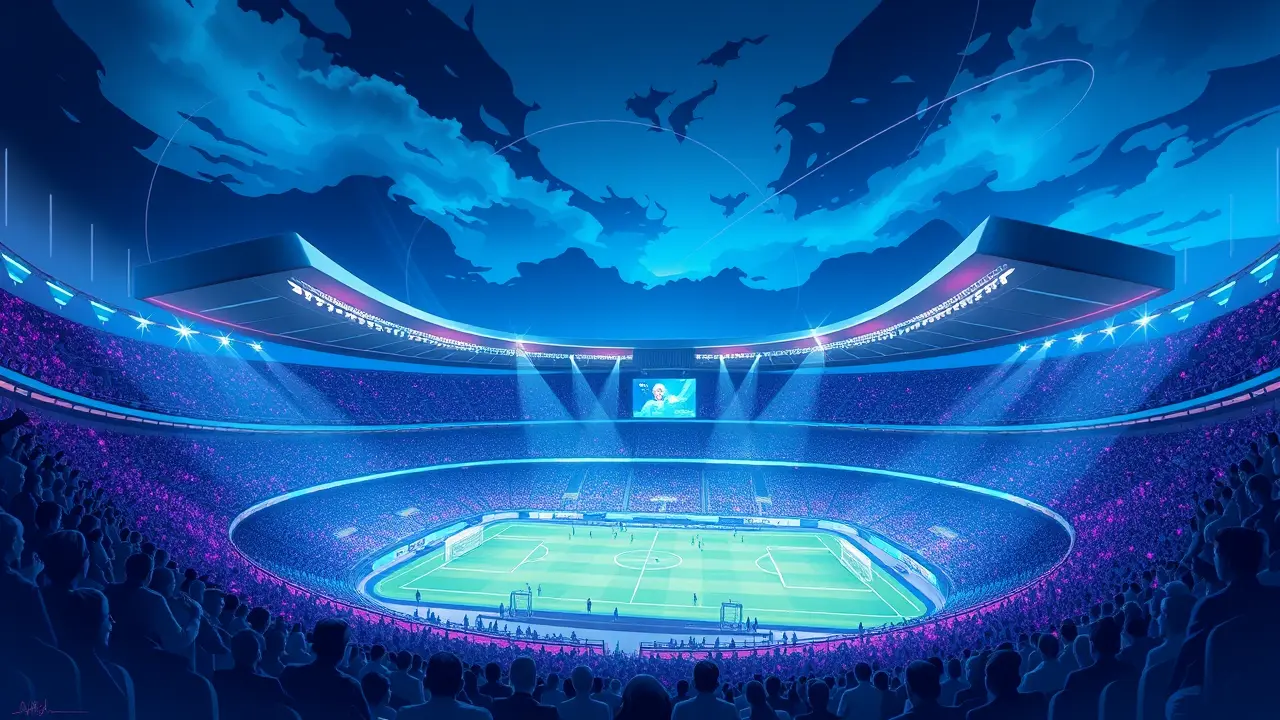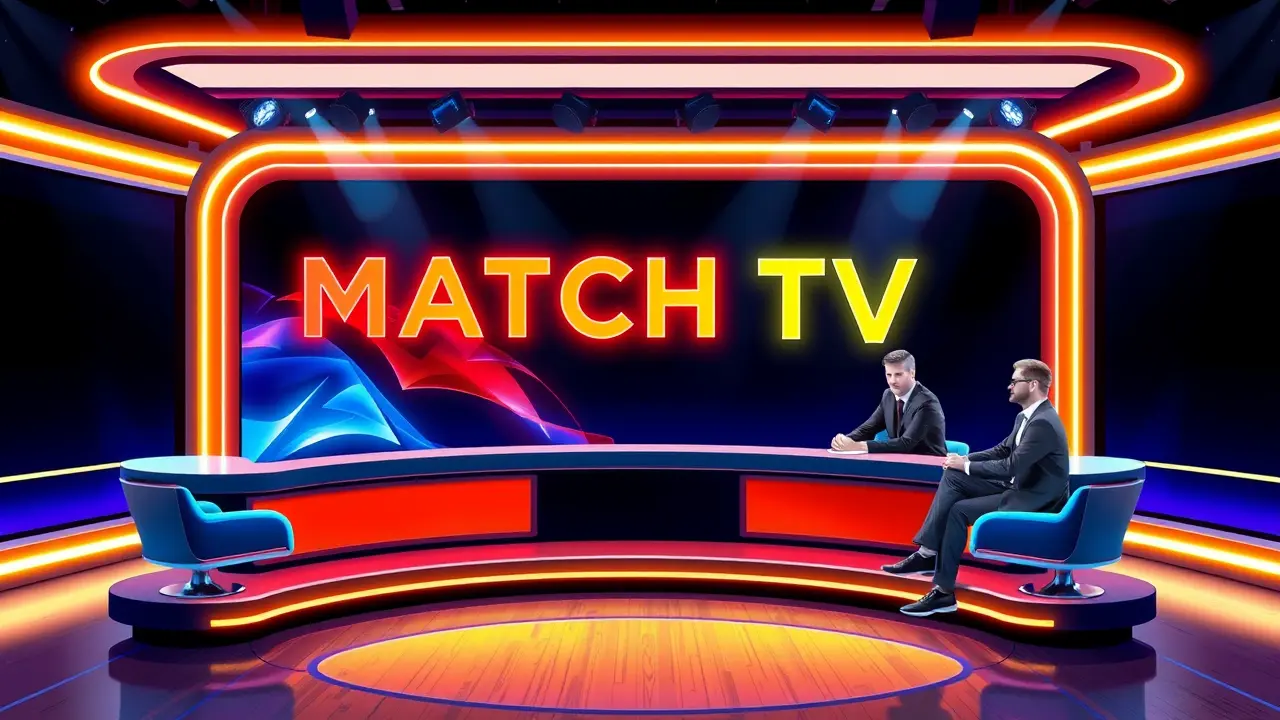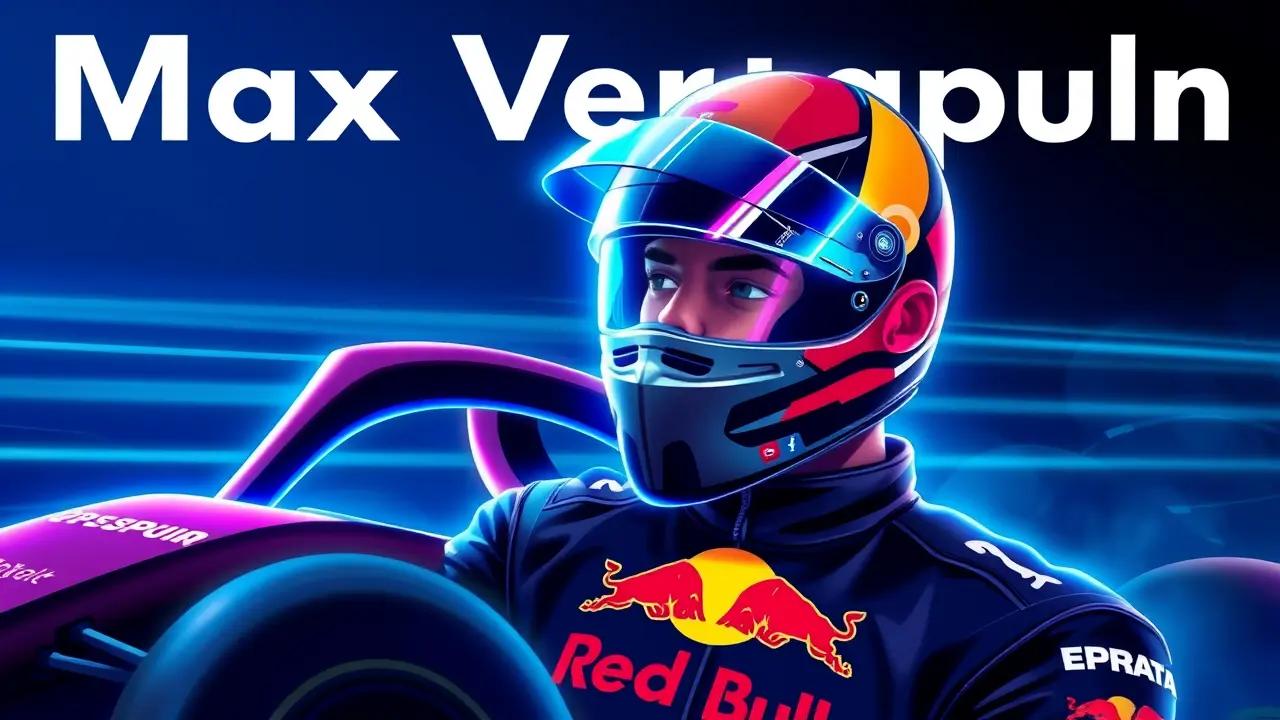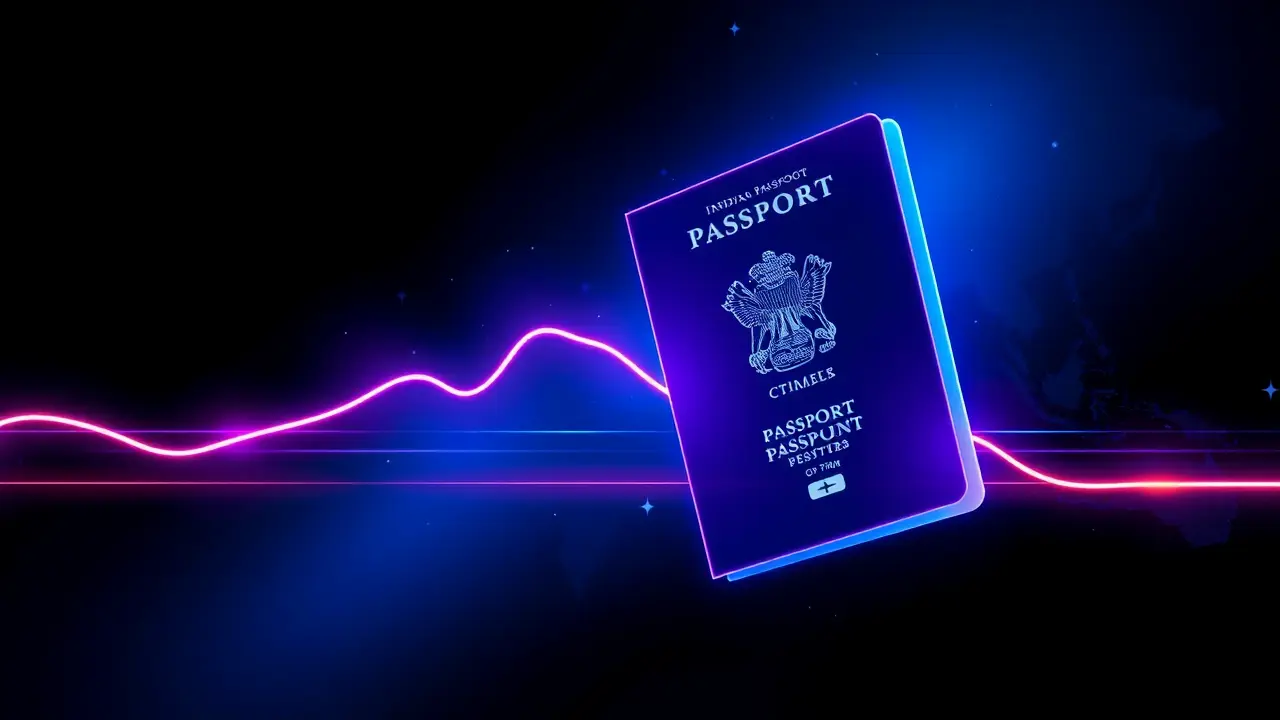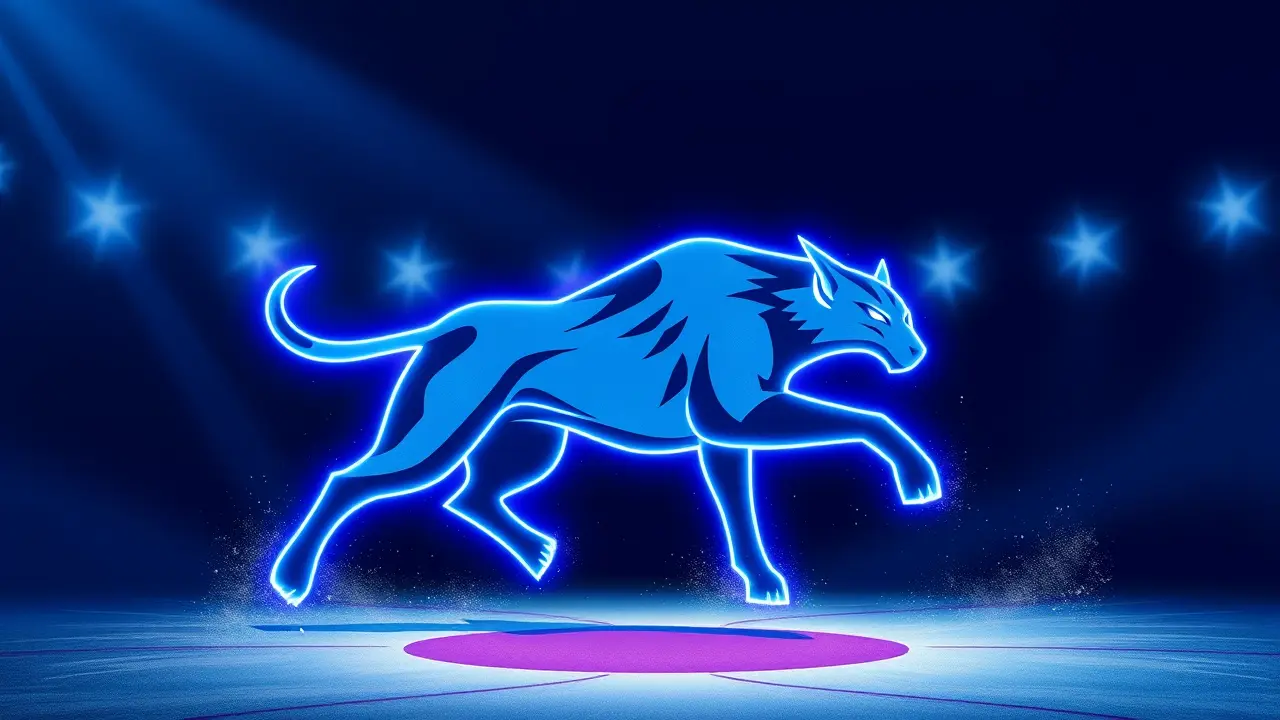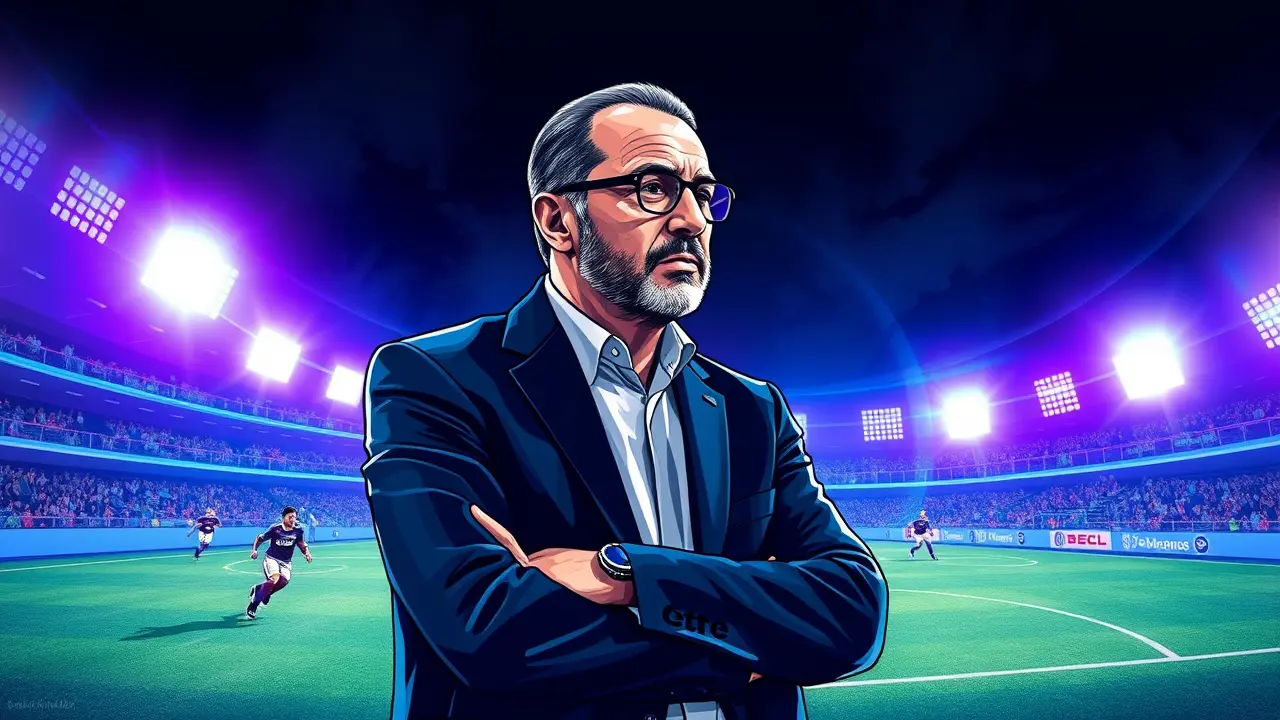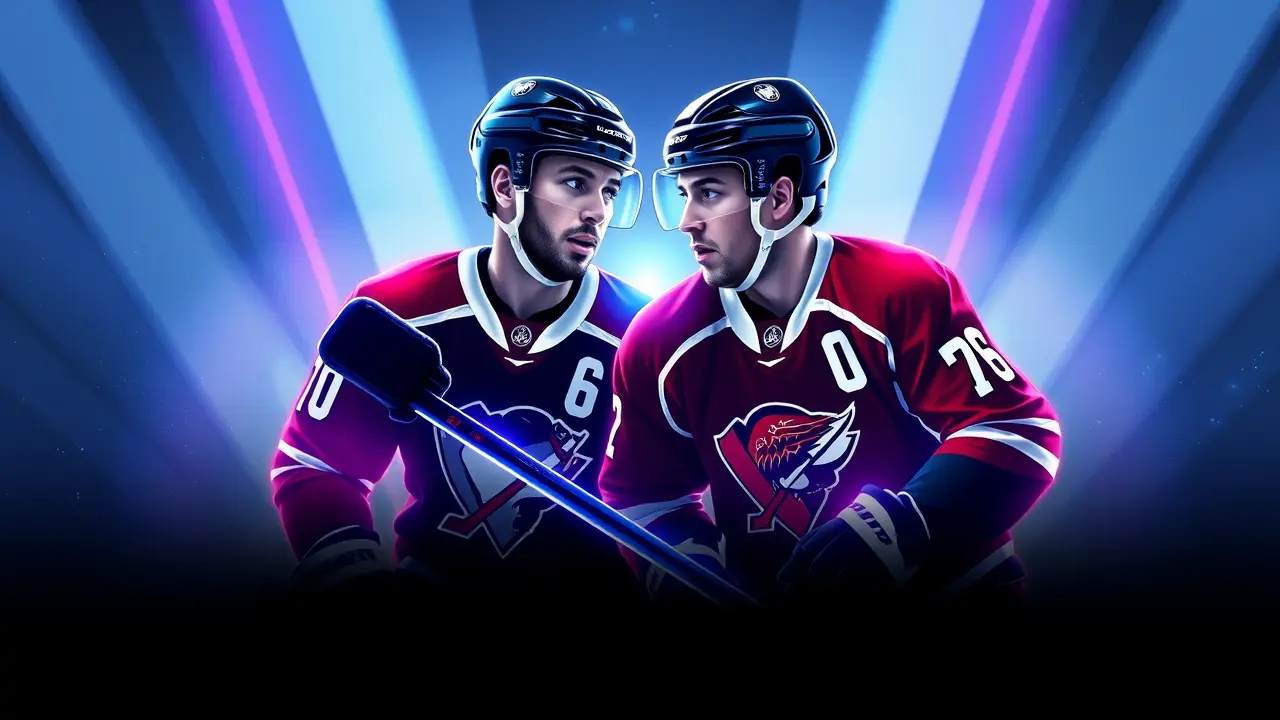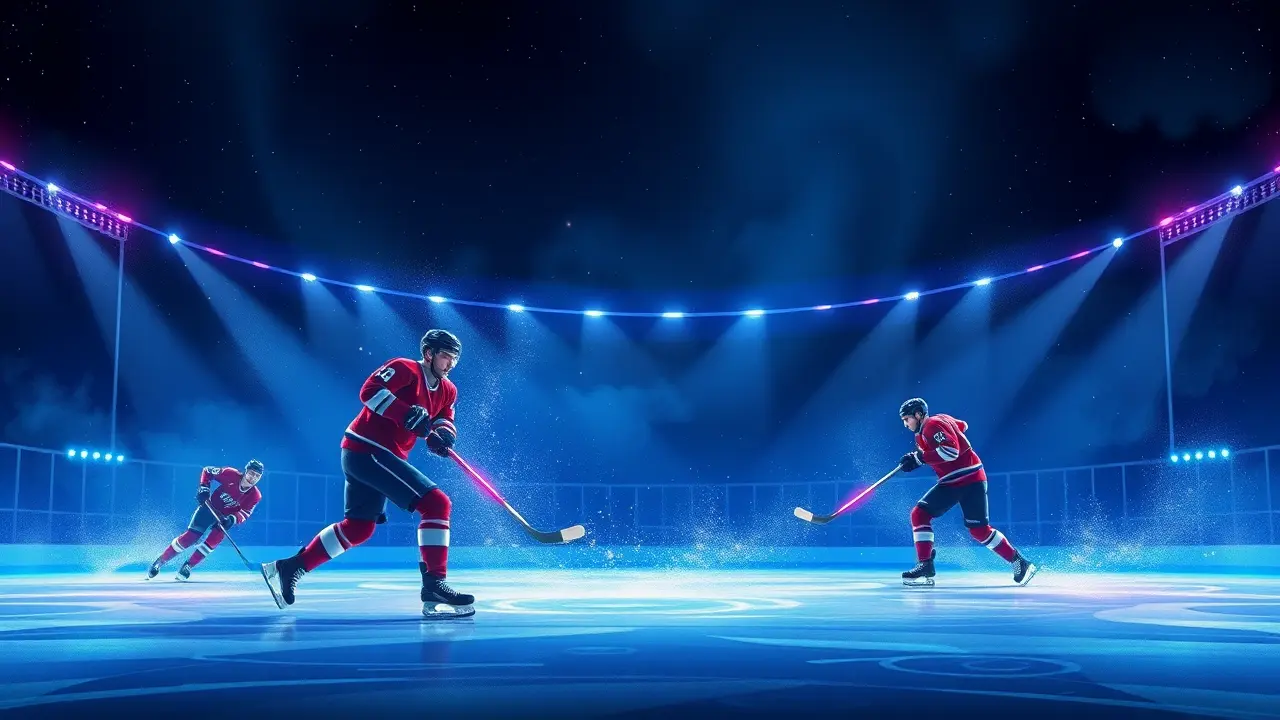
SporthockeyNHL
Kovalev on Russia's sports ban: hockey hit harder than football.
JA
Jack Turner
1 week ago7 min read2 comments
The seismic decision in the spring of 2022 to suspend Russian national teams from international football and hockey competitions under the banners of FIFA and the IIHF has created a starkly different landscape for the two sports, a nuance powerfully articulated by Olympic champion Alexei Kovalev. While the immediate impact was a blanket ban, the veteran's analysis reveals a more complex reality where hockey, the sport he knows intimately, has been dealt a far more devastating blow.He posits that football possesses a built-in resilience, a global network that offers alternative pathways; the presence of South American powerhouses, alongside traditionally friendly European nations like Serbia and Hungary, provides a diplomatic and competitive cushion, a world of potential friendlies and behind-the-scenes engagements that keeps the flame of international competition flickering. Hockey, by stark contrast, exists in a much more concentrated ecosystem, confined primarily to the twin power centers of North America and Europe, leaving the Russian national team and its burgeoning talent with nowhere to hide and few, if any, doors open for high-level engagement.This geographical and structural confinement, Kovalev suggests, acts as a strategic chokehold, severing the lifeblood of international play more completely than in the more diffuse world of global football. The true tragedy, the point where his voice likely carries the most emotional weight, lies with the decimation of opportunities for the next generation.He identifies the suspension of junior and youth teams as the 'most awful' consequence, a cruel deprivation of those irreplaceable, formative moments—the sheer, unadulterated emotion of pulling on the national jersey for the first time, the pride that fuels a young athlete's entire career. These are not just games; they are the foundational experiences that build legends, and their loss creates a void that no domestic league, no matter how competitive, can possibly fill, potentially stunting the growth of an entire cohort of Russian hockey talent and creating a 'lost generation' whose potential will never be fully realized on the world stage.For established professionals, the picture is admittedly less bleak, a testament to the pragmatic relationships that often transcend geopolitical strife. Kovalev correctly notes the continued intersection of Russian stars with European and North American players, both within the Kontinental Hockey League (KHL), where numerous internationals still earn their paychecks, and the neutral territory of the National Hockey League (NHL), where sport has a long history of operating in its own orbit.This ongoing fraternization suggests that at the player-to-player level, politics often takes a backseat to shared respect and a common love for the game, a dynamic less easily replicated in the more nationally-centric structure of international team competitions. Yet, this professional camaraderie does little to alleviate the long-term strategic damage being inflicted upon the entire Russian hockey system, from its grassroots to its peak, a systemic erosion that could take decades to repair even if the bans were lifted tomorrow, fundamentally altering the balance of power in international hockey for years to come.
#Russia ban
#international sports
#KHL
#NHL
#youth sports
#hockey diplomacy
#featured
Stay Informed. Act Smarter.
Get weekly highlights, major headlines, and expert insights — then put your knowledge to work in our live prediction markets.
Related News
© 2025 Outpoll Service LTD. All rights reserved.

